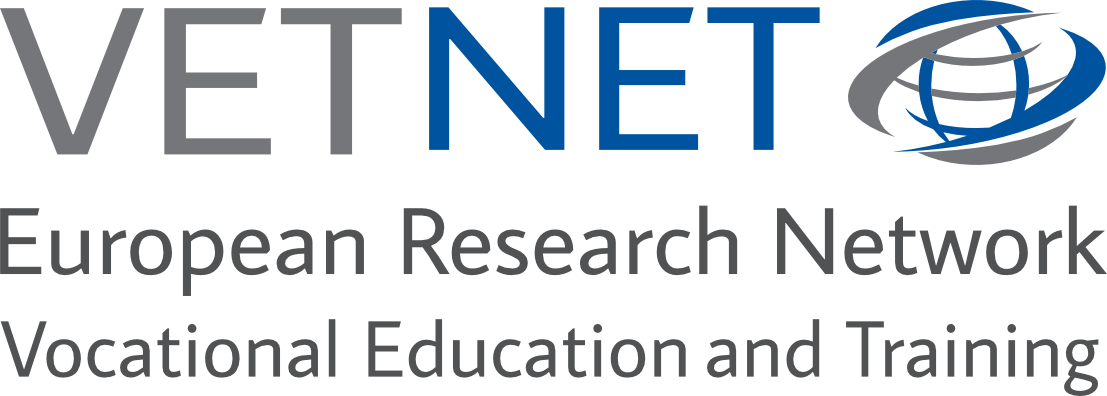Challenges and Strategies for Expanding Enterprise-Based Training to Develop Skills for the ICT Industry in the Philippines
DOI:
https://doi.org/10.13152/IJRVET.12.3.2Keywords:
Enterprise-Based Training, Apprenticeships, Employer Engagement, Philippines, VET, Vocational Education and TrainingAbstract
Purpose: Since 2000, the Philippines has experienced significant growth domestic product (GDP) growth, particularly in the Information Technology Business Process Outsourcing (IT-BPO) sector, highlighting the need for skill development through Technical Vocational Education and Training (TVET). Although enterprise-based training (EBT) is seen as the optimal strategy for supporting transition to a technology-driven economy, it represents less than 4% of TVET offerings. Research on the challenges and strategies for increasing employer participation in EBT, especially within the information and communication technology (ICT) industry, is currently lacking. This study examines these challenges and explores strategies for expanding EBT in the Philippines.
Methods: The study employed a qualitative methodology. Data was collected through 13 semi-structured interviews with TVET public agency representatives, private sector representatives, and international TVET experts who supported TVET development in the Philippines. In addition, an online meeting by the Private Sector Advisory Council Jobs Committee was observed to explore the research question. Analysis occurred concurrently with data collection to identify themes iteratively.
Findings: Successful employer engagement in EBT requires EBT to be viewed as both a private and a public good. Findings are organized around these two fundamental concepts. In the Philippines, structural challenges such as wage requirements, insufficient program duration, and inefficient tax benefits currently prevent EBT from effectively functioning as a private good for building company talent pipelines. Additionally, the lack of systematic involvement from social partners, lengthy processes for establishing occupational standards, and insufficient awareness hinder EBT from being recognized as a public good. To enhance its role as a private good, EBT design should include wage increase schedules and longer program durations. To establish EBT as a public good, it is suggested that there be systematic involvement from social partners, flexible regulations, and sector-based strategies.
Conclusion: This study enhances the understanding of employer engagement in TVET within the Filipino context and provides policy implications for enhancing EBT in the ICT sector. These insights could potentially be applicable in similar contexts, such as developing countries with a demand for skilled workers in technology-based industries, but lacking employer engagement. It recommends future research to further explore employer engagement with a particular emphasis on strategic collaboration with social partners, given their crucial role in engaging employers.
Downloads
Online First / Final Publication Date
How to Cite
Issue
Section
URN
License
Copyright (c) 2025 Jooyoung Voeller

This work is licensed under a Creative Commons Attribution-ShareAlike 4.0 International License.





